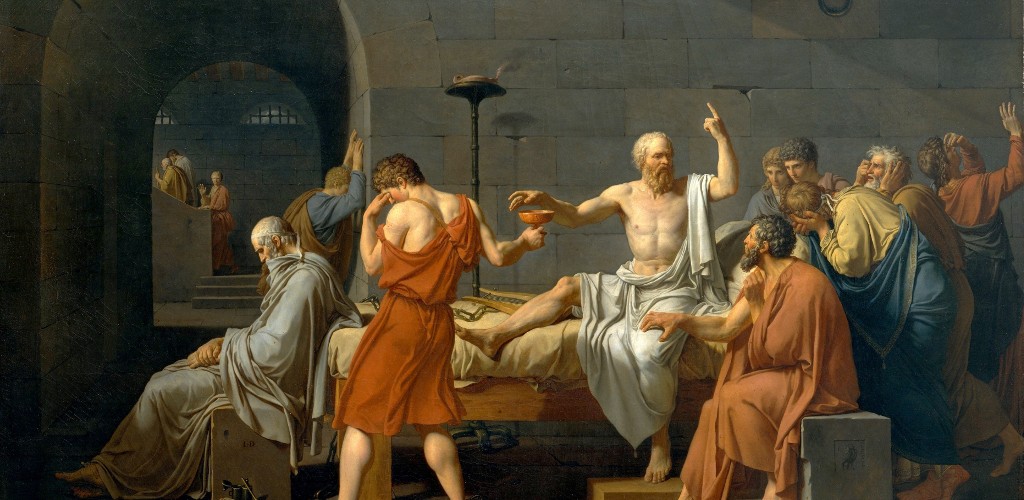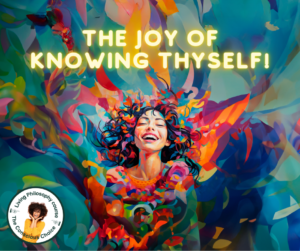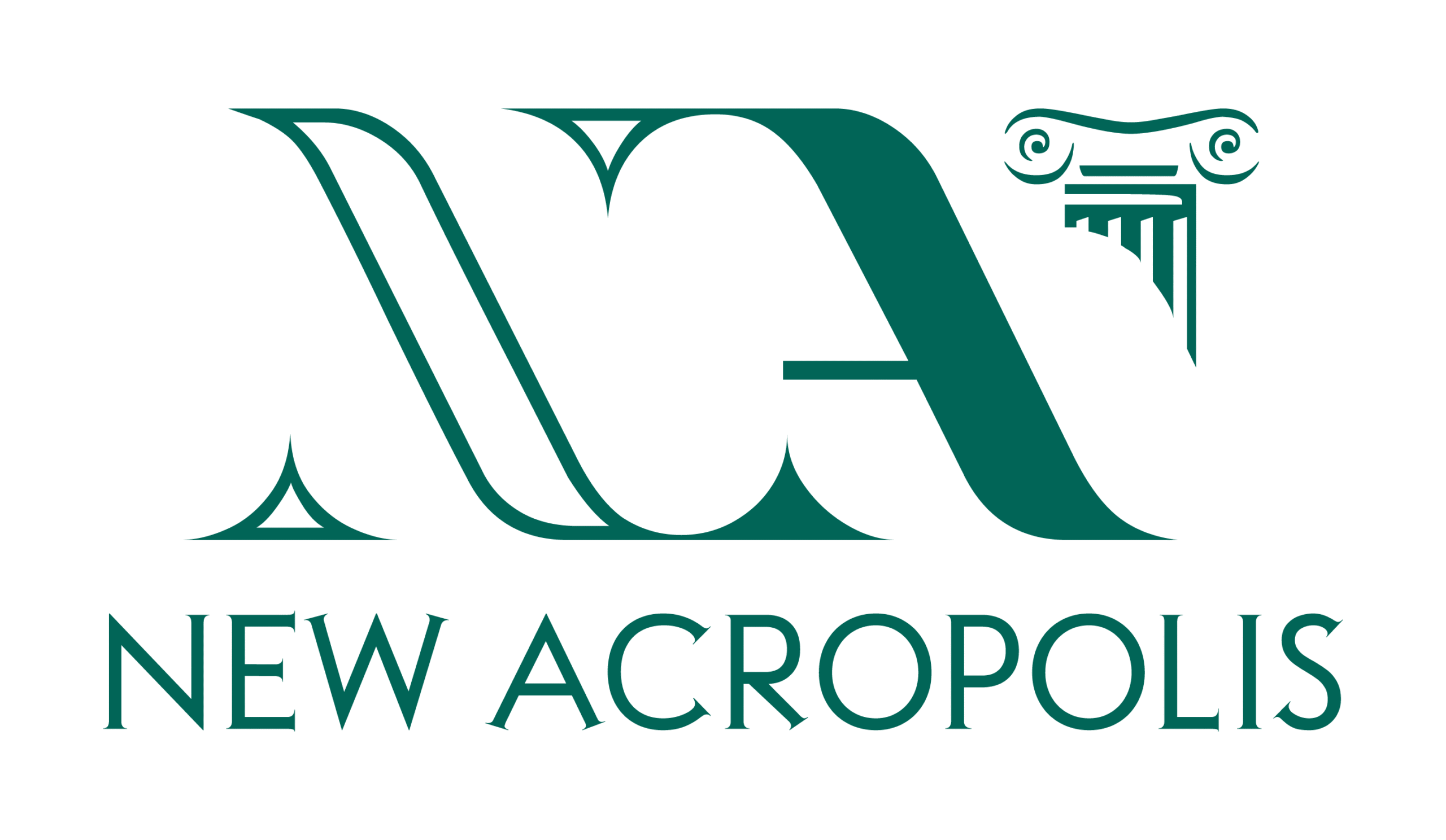
Philosophy, or love of wisdom, is not something abstract. It’s about how to understand life better and therefore how to live better, individually and collectively.
We all have something deep within ourselves, but sometimes we’re afraid to look for it. It’s like diving within yourself to look for the inner gold. You need courage to dive into the water, because there are many fears: the fear of drowning, of strong currents, of dangerous fish, and so on.
The practice of philosophy is to go within, but also to act outside. Philosophy has to be practised, internally and externally, in order to become real. As with any art, whether it be music, gardening, or anything else, in order to learn anything, you have to practise.
Key Principles
The practice of philosophy is based on certain key principles:
– The progressive development and mastery of oneself, which comes about through practice. The deeper we go, the calmer we become. Self-knowledge leads to self- confidence, because if we know who we are we become more stable, more natural and less defensive.
– A real concern for humanity. We can cultivate this concern by a number of methods: first by realising that we are not unique, then by thinking about the challenges facing humanity. We need to see that there are others and that they are mirrors for us, even when no words are used. We can understand that other people also have fears and aggression due to a lack of self-confidence, due to the need to be loved. We are all part of a human family.
– Seeing beyond appearances. The philosopher tries to establish contact with the being of others and the being of the universe, with people, with countries; to find the identity of things and people, what makes them different, what is best about each person.
The first objective of philosophy should be to develop self-confidence, which implies accepting the conflicts of life and dealing with them. You can’t give someone confidence, there is no ‘confidence pill’. That pill is made by your own inner laboratory, but you have to use that laboratory.
As the founder of New Acropolis, Jorge Livraga, once said: “The application of a teaching depends on ourselves and not on the person who is teaching us.”
If any images used in this article are in violation of a copyright, please get in touch with webmaster@acropolis.org.in as soon as possible. Appropriate action will be taken.
Image References
“David – The Death of Socrates detail” by Tableau de Charles Matthew Griego, “La mort de Socrate”. – détail dérivé de (detail from) : David_-_The_Death_of_Socrates.jpg. Licensed under Public Domain via Wikimedia Commons –http://commons.wikimedia.org/wiki/File:David_-_The_Death_of_Socrates_detail.jpg#mediaviewer/File:David_-_The_Death_of_Socrates_detail.jpg
Read the original article on http://www.newacropolisuk.org/download.php?id=18&src=home
Permissions required for the publishing of this article have been obtained

The Living Philosophy course is an introduction and foundation towards living life with meaning and awareness. It brings together the thoughts of the most prominent philosophers of the East and West, especially those who left deep marks on humanity. This comparative study of philosophies does not belong to a single thinker or any particular school but is a universal human heritage. It is more than just another course; it is an opportunity to promote philosophy as a way of life and engage deeply with ideas, practice together, and develop skills in a supportive community.
Next batches:
11.02.26, Wednesday 7.30 pm16.03.26, Monday, 7:30 pm
No Upcoming Events found!
© 2015 Sofarider Inc. All rights reserved. WordPress theme by Dameer DJ.
